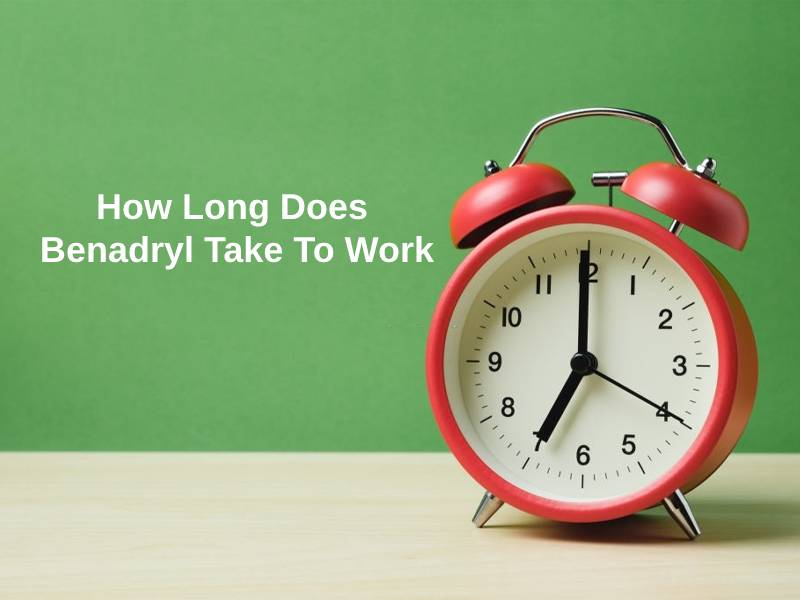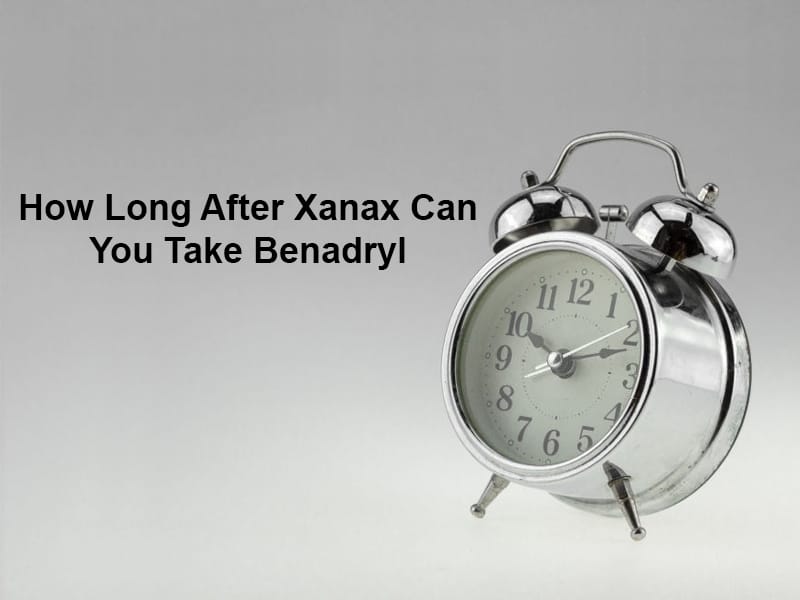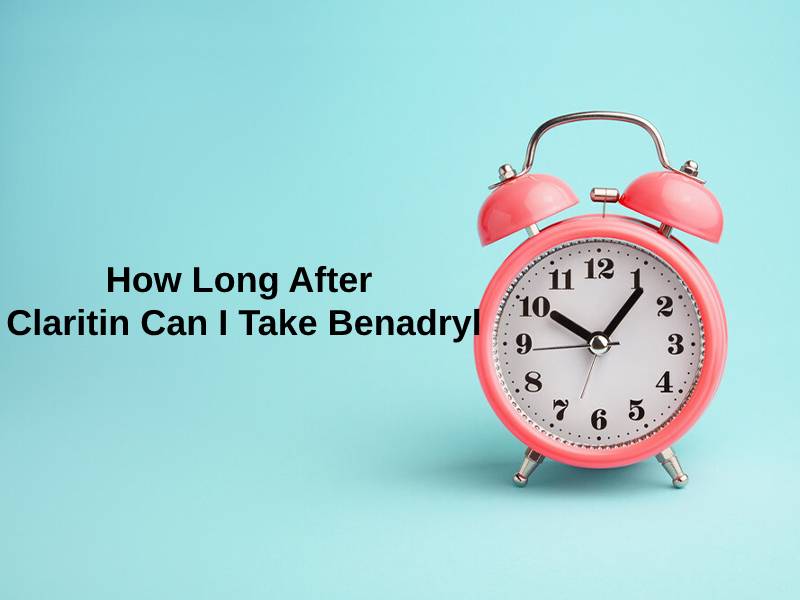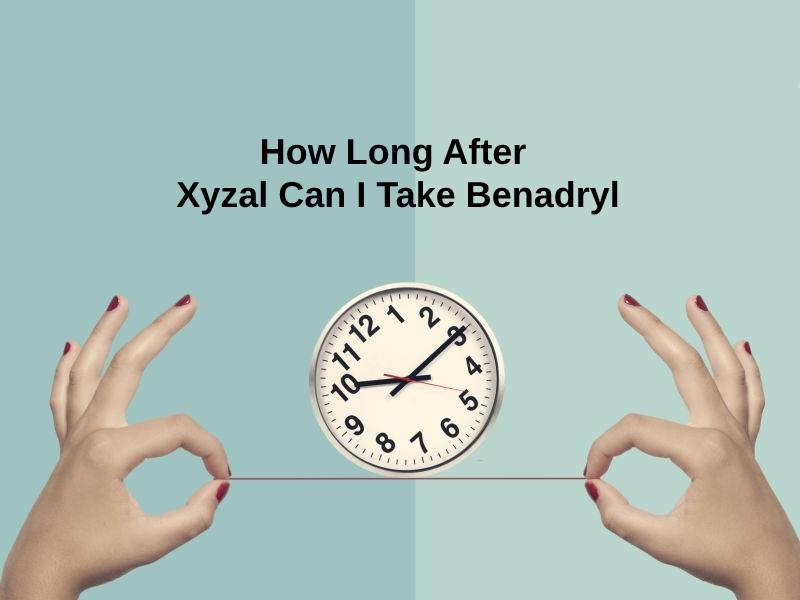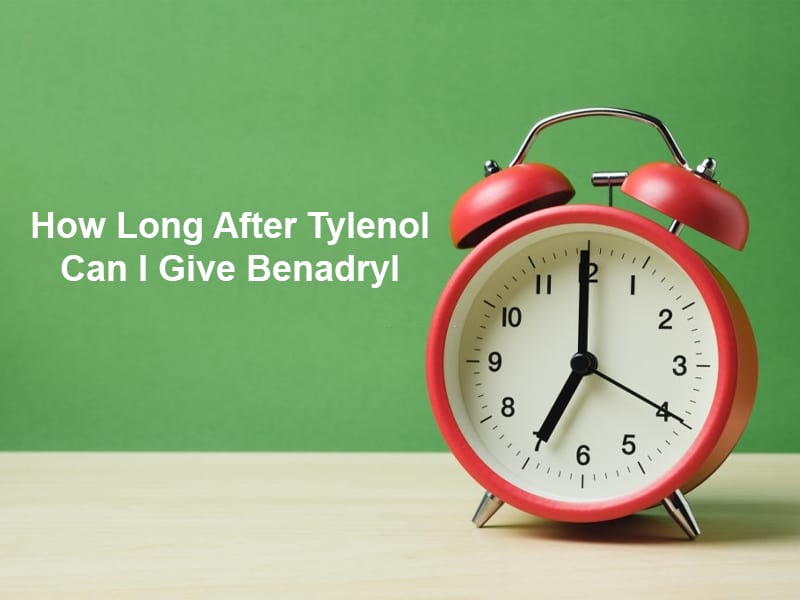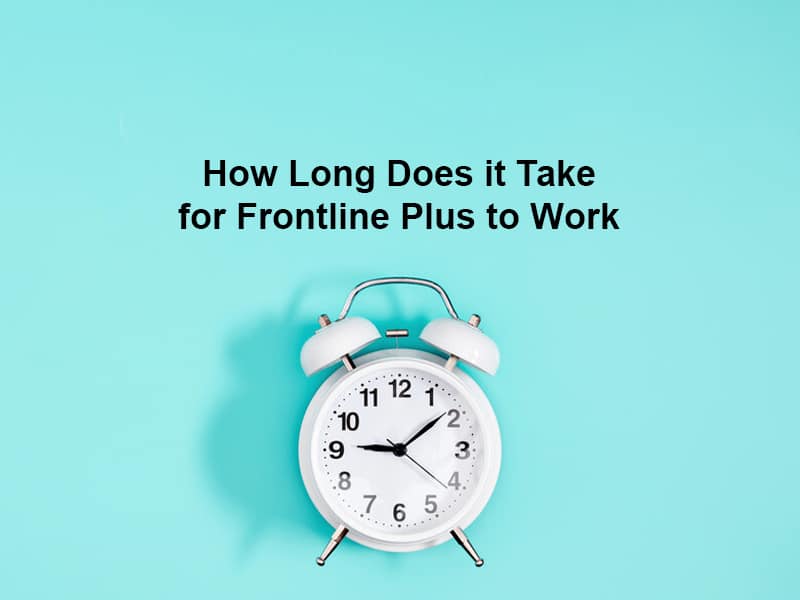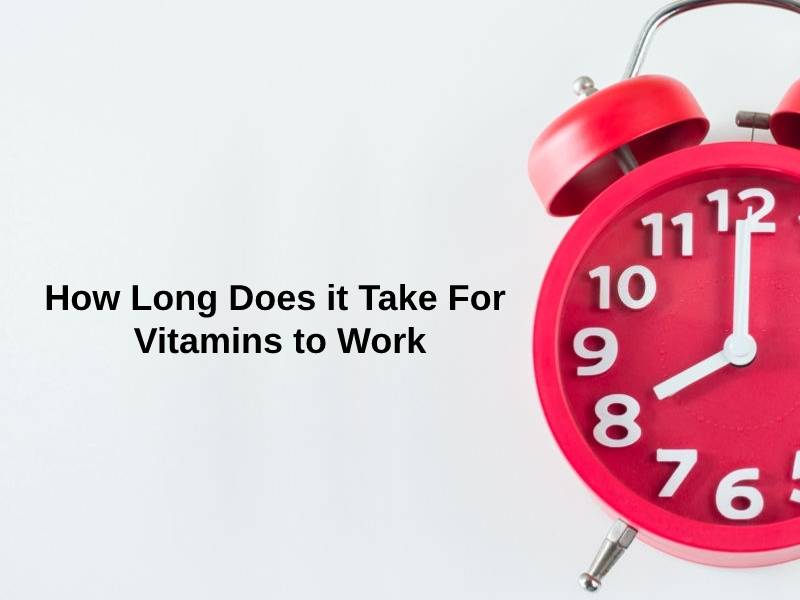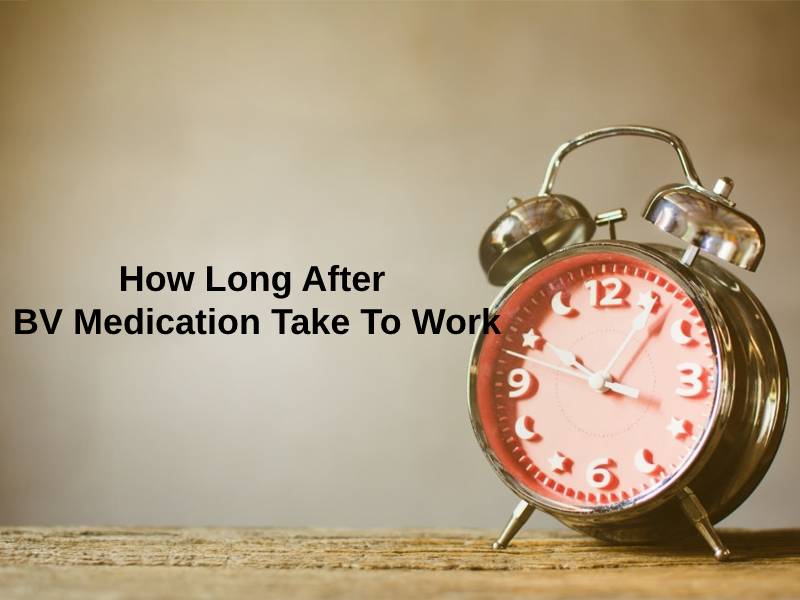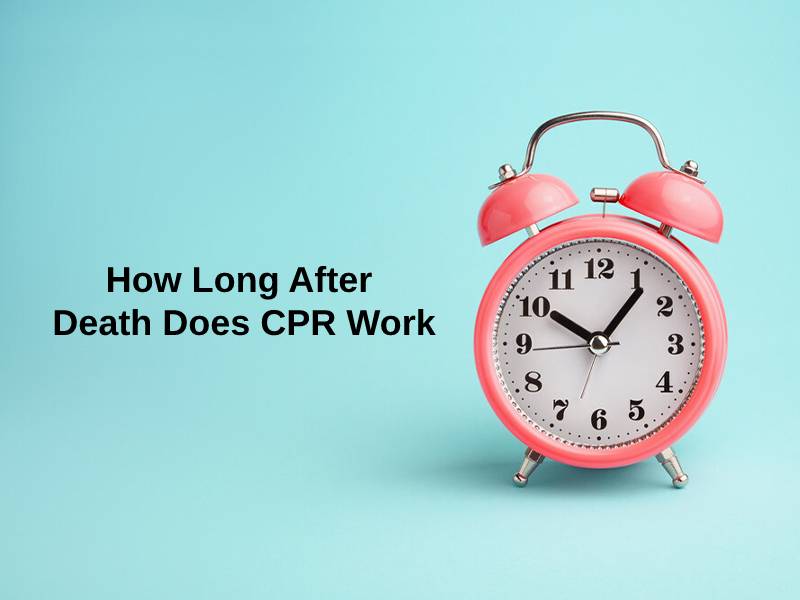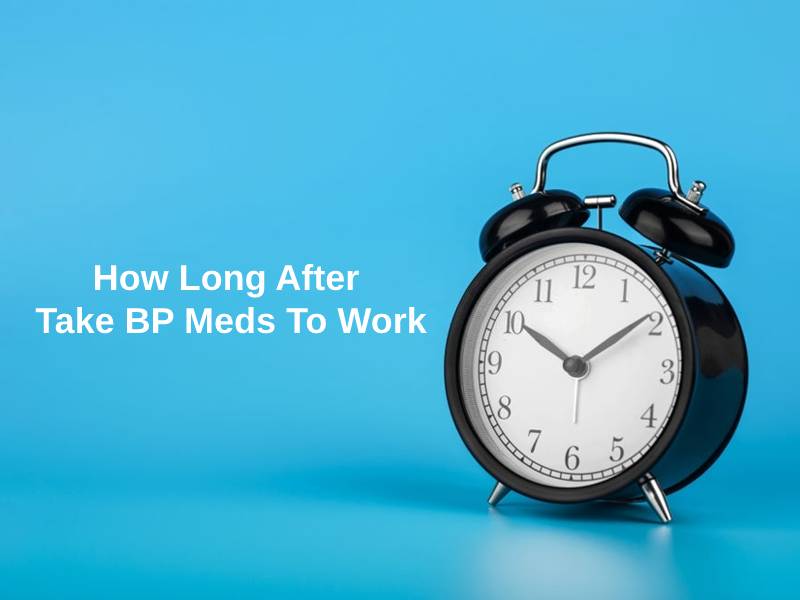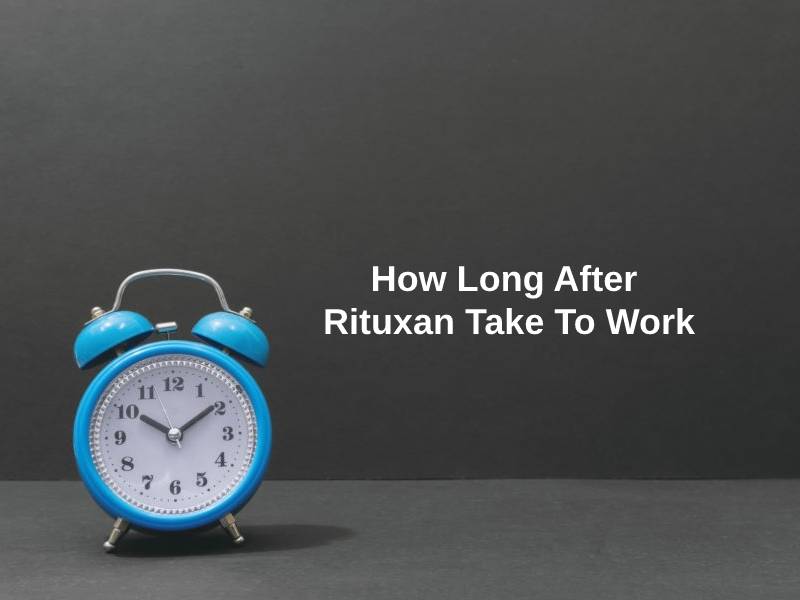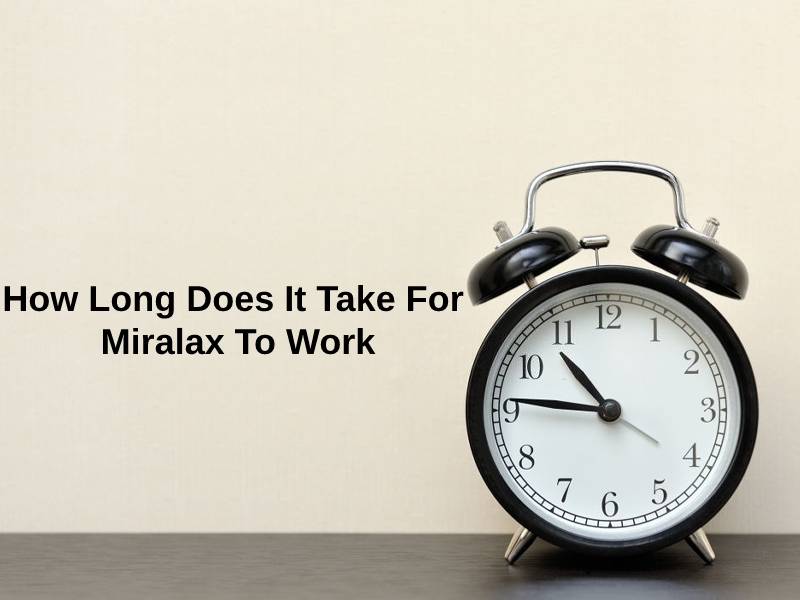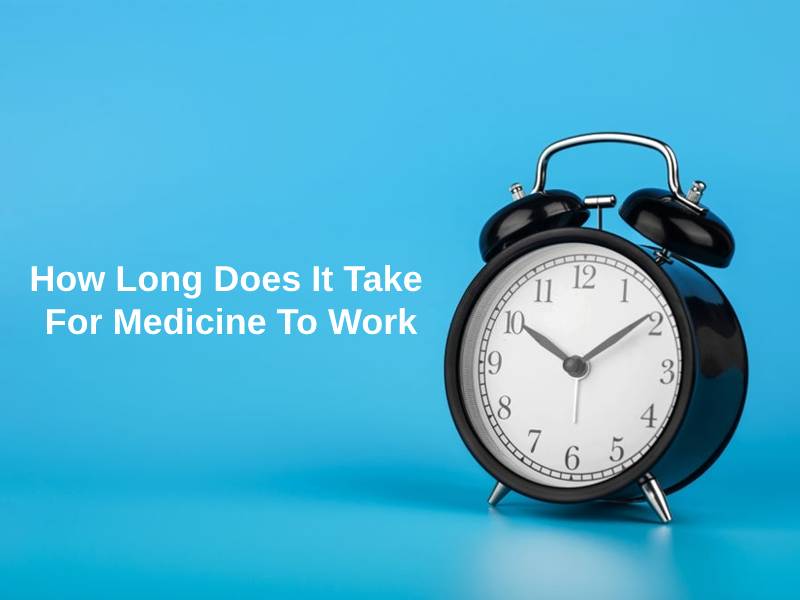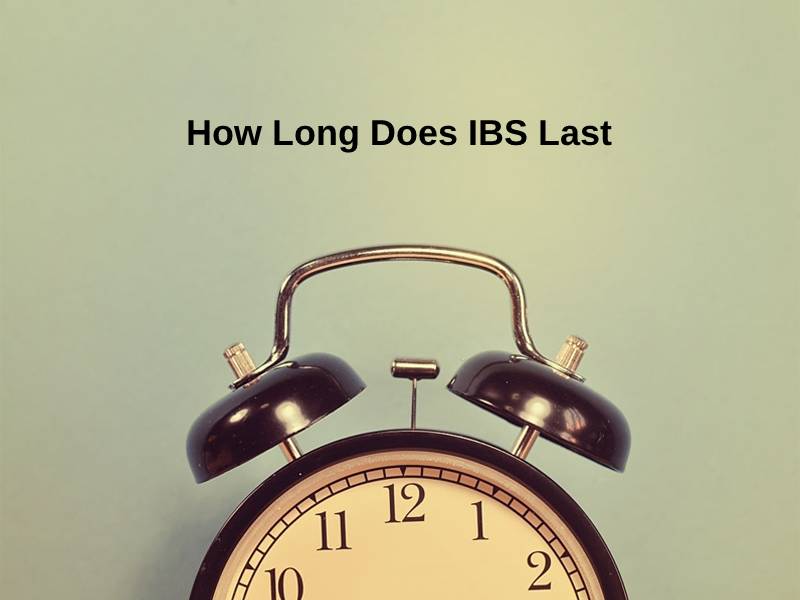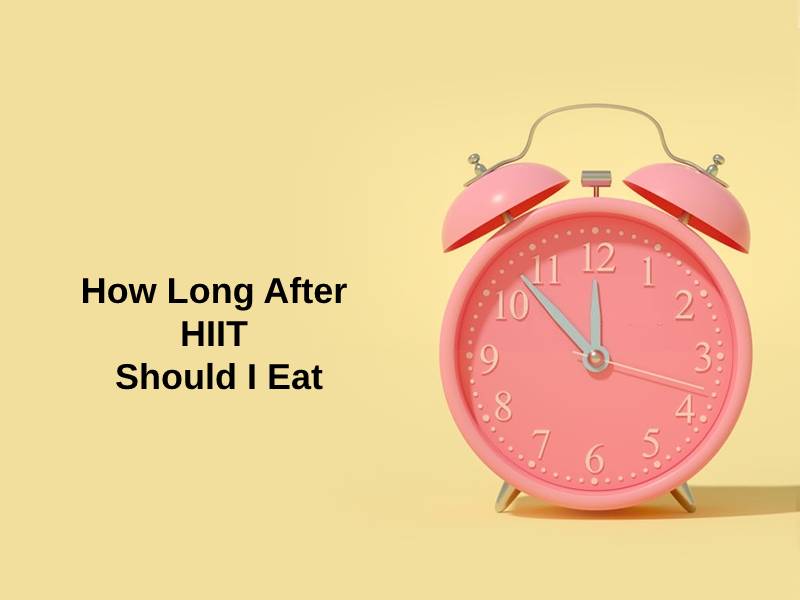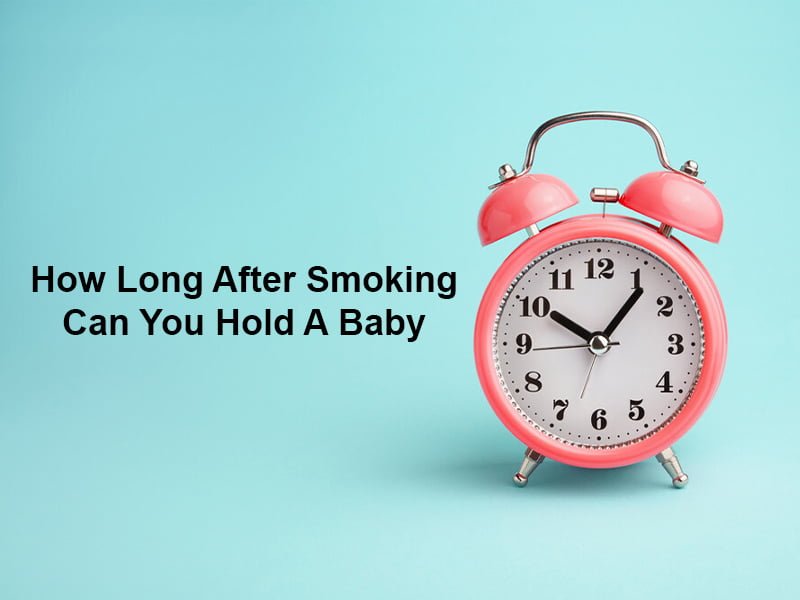Exact Answer : Up to 1 hour
Benadryl or Diphenhydramine is a first generation antihistamine mainly used to treat symptoms of allergies, common cold or hay fever. The symptoms may include sneezing, itching, watery eyes and runny nose. It can also be used to cure insomnia, tremor in Parkinsonism, and nausea.
Diphenhydramine possesses local anesthetic properties as well which is helpful for patients suffering from allergies caused by the use of other commonly used anesthetics. However, it is not the label use of the medication. Benadryl may also cause allergic reaction in some people . In such a case, use of Benadryl should be avoided.
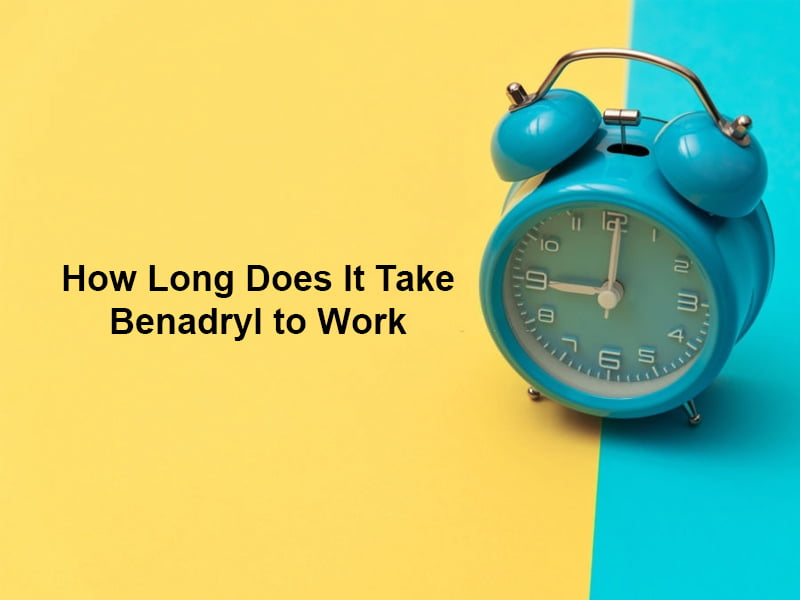
How Long Does It Take Benadryl to Work?
Benadryl works quickly and can take up to an hour to act with its maximum effect. It is consumed orally in the form of tablets, which allows it to easily get distributed in your body. You may notice the effects within 20 to 30 minutes, although it should continue to work for about four to six hours.
Benadryl mainly works through the neutralization of the H1 (histamine 1) receptors present on respiratory smooth muscles and other cells such as the vascular endothelial cells, the gastrointestinal tract (GIT), cardiac tissue, immune cells, the uterus, and the neurons of central nervous system (CNS) of your body. As a result, Benadryl can make you feel dizzy. Other side effects of the medication may include fast heart rate and dry mouth.
In summary:
| Effect | Time Taken |
|---|---|
| Mild | 20-30 mins |
| Maximum | 1 hour |
Benadryl can also be taken in the injectable form when the oral form is impractical. In this form it has a rapid action of mechanism. If used at night-time before sleeping , the dose of Benadryl should not exceed 50mg. A lower dose is preferred for the elderly to avoid consequent side effects.
Why Does Benadryl Work Quickly?
Benadryl antagonizes the H1 receptors in your body and functions as an inverse agonist at the H1 receptor. It reduces allergic reaction symptoms by reversing the effects of histamine on your capillaries.
The H1 receptor is also similar to the muscarinic receptors, because of which Benadryl also acts as an antimuscarinic agent that can be used to cure Parkinsonism. It also blocks intracellular sodium channels in your body resulting in local anesthetic properties.
There are also other medicines that can interact with Benadryl to either decrease or increase its effect, and manipulate how long the medication works for. You can consult with your doctor if you are taking other medications or you want to manage Benadryl’s effect and mode of action. It is also proven that alcohol may increase the sedative effects of Benadryl, thereby alcohol consumption should be regulated while being on medication.
Some tips to enhance Benadryl’s effect:
- It can be taken before or after eating food.
- Take exactly as prescribed by your doctor. Do not exceed more than recommended.
- If you are using it for motion sickness or associated symptoms, take Benadryl atleast 30 minutes before being exposed to motion. Take doses either before meals or at night time before going to bed for better effect.
- It should not be used in children aged less than twelve to induce sleep. It should not be used at all in babies, and should be kept away especially from prematurely born babies. In children, Benadryl can cause many side effects. Therefore, consult with a doctor before allowing your child to use Benadryl.
- If you are using Benadryl for a long period of time, ensure maintaining a good oral hygiene.
- If you experience any symptoms such as hallucinations, fast heart beat, drowsiness, muscle tremor, vomiting, or diarrhea, seek urgent medical help.
- Benadryl should be avoided during pregnancy as there have been no adequate studies in pregnant women. Consult to a doctor before starting your medication.
If you are between the ages of 18 and 60, you may experience side effects of Benadryl medication such as drowsiness, low blood pressure, a headache, fast heartbeat, unbalanced co-ordination, abdominal discomfort and thickening of mucus may also occur in your nostrils. It is not suitable for breastfeeding women and elderly people.
It is also not suitable for people with respiratory diseases such as narrow-angle glaucoma, asthma, peptic ulcer disease, intestinal obstruction,or diseases of heart, high thyroid levels, an enlarged prostate, or a narrowed bladder. Overdose of Benadryl can cause hallucinations, convulsions, and may also lead to death.
Conclusion
Benadryl will take about 15 to 30 minutes to kick in, however, you can experience its peak effect around an hour. A dose between 25 and 50 milligrams has been suggested for its sedating effect. If you have any heath troubles during Benadryl medication, consult a doctor as soon as possible. It is better to keep Benadryl away from pregnant, elderly people and children until and unless prescribed by a doctor. There are herbal remedies that provide the same effect as an antihistamine. You can use these remedies instead to avoid the side effects of Benadryl medication.


